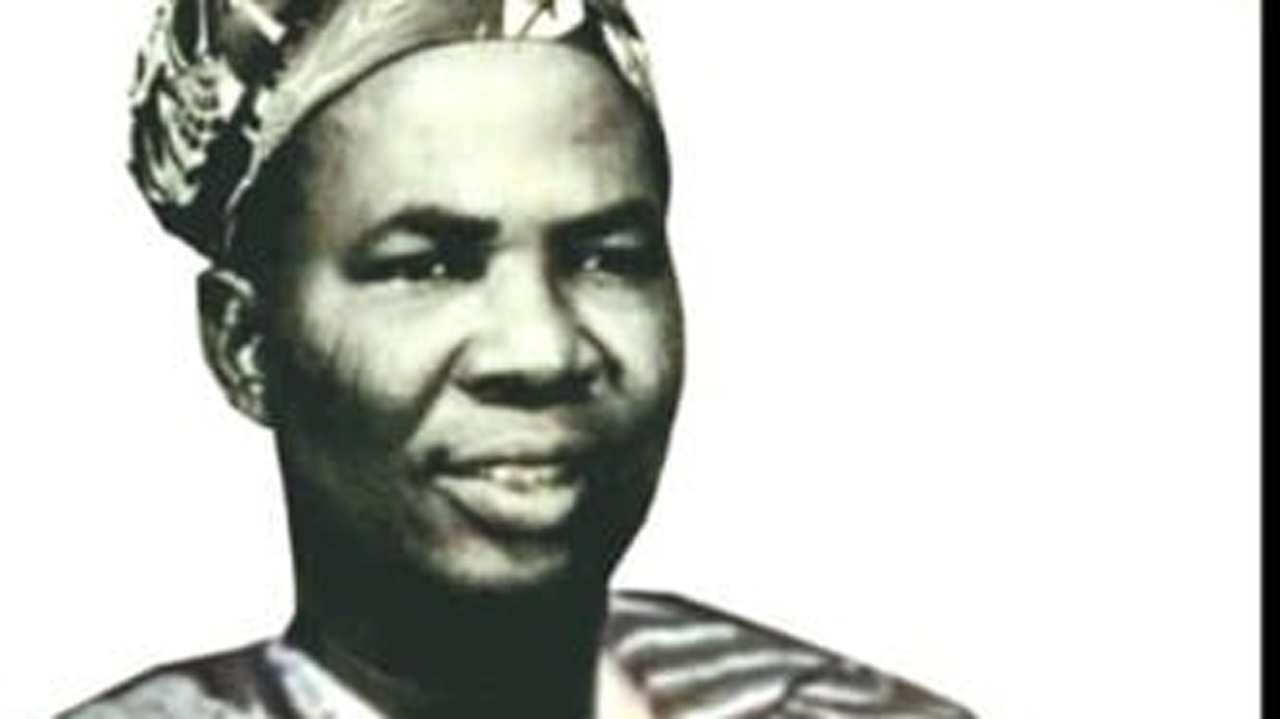
In the wake of growing tensions within Nigeria’s oil sector, local oil traders and marketers are calling on Dangote Refinery to implement a more equitable business model that ensures a level playing field for all market participants.
This plea comes amid accusations of market monopoly and preferential treatment for foreign buyers.
READ MORE: Senate wades into Dangote, NNPCL feud
Last Thursday, the Chief Executive Officer of the Nigeria Midstream and Downstream Petroleum Regulatory Authority (NMDPRA), Farouk Ahmed, alleged that Dangote Refinery had requested the authority to suspend all importation of petroleum products, particularly Automotive Gas Oil (AGO) and aviation fuel. Ahmed warned that such a move could jeopardise the nation’s energy security by creating a monopoly.
Earlier, Aliko Dangote, Chairman of Dangote Group and the richest man in Africa, accused oil marketers of importing substandard products into Nigeria. However, this claim was strongly denied by the Depots and Petroleum Products Marketers Association of Nigeria (DAPPMAN), which represents the interests of the oil marketers. The association insisted that its members adhere to stringent quality standards and are committed to maintaining a competitive and transparent market.
READ MORE: DAPPMAN refutes Dangote Refinery’s claim of dirty fuel
“Our association is not up in arms against Dangote Refinery,” said Olufemi Adewole, Executive Secretary of DAPPMAN. “All we are saying is that our members like to play by the rules. They want a level playing field for all players in the industry. They do not trade in off-spec products and they are strong advocates of a vibrant, competitive, and investor-friendly downstream sector.”
A leading oil trader echoed Adewole’s sentiments, emphasising that the traders were initially excited about the entrance of Dangote Refinery into the market. However, concerns have since arisen regarding the refinery’s business practices, which appear to favour foreign traders and impose logistical challenges on local marketers.
“Our position is very clear on Dangote Refinery. We were truly excited about its entrance into the Nigerian downstream sector. Indeed, we are the ones chasing the refinery to do business with them, instead of the other way around. What we are not comfortable with is a business model that appears so anti-local oil traders, monopolistic, and a dual price element that is favourable to foreign oil traders,” said the CEO of a leading oil trading firm.
READ MORE: Top Ten Billionaires On 2024 Forbes List
DAPPMAN’s grievances include the refinery’s pricing strategy, which reportedly offers lower bulk sales prices to international buyers compared to Nigerian buyers. This discrepancy has led to Nigerian marketers paying significantly higher prices for the same products.
“Dangote Refinery as a business entity is free to adopt any model that suits its management. However, its current practice of cheaper bulk sales prices to international buyers at the detriment of Nigerian buyers calls into question their patriotism,” DAPPMAN stated in a recent press release. “Several Nigerian marketers have been offered Dangote Refinery cargoes by international trading firms at rates much lower than what they were directly offered by Dangote Refinery, and this will not be in the interest of the Nigerian fuel end-user.”
Industry operators have also criticised the refinery’s logistical practices, which favour trucking over marine transportation for local marketers. This preference, they argue, leads to increased costs, logistical challenges, and potential hazards on Nigeria’s road infrastructure.
READ MORE: Dangote, Otedola, Adenuga, Rabiu make Forbes’ richest list amid naira devaluation
“15,000 metric tons of AGO is equivalent to 24.24 million litres of the product. While one vessel can move 15,000 metric tons from Lagos to Calabar seamlessly, you will require 606 trucks to move the same product from Lagos to Calabar or wherever you are taking the product. Is that not a logistic nightmare?” questioned a prominent oil trader. “What about the cost to the road infrastructure and the danger the movement of such high volume poses to life and property? To deny the oil traders the choice of the marine option of product procurement is a great disservice to the downstream sector and the economy and needs to be reviewed by the refinery.”
As the debate continues, DAPPMAN and other industry stakeholders are urging Dangote Refinery to reconsider its business practices and adopt a model that fosters fair competition and benefits the entire market. The association remains hopeful that through dialogue and collaboration, a more balanced and sustainable approach can be achieved for Nigeria’s oil sector.






